FCA Lucky Ahuja and Adv Pritty Jain
Newly inserted Article 246A(1) in the Constitution of India (‘the Constitution’), effective from 16-09-2016 gives concurrent power to the Centre and the State to levy GST on the supply of goods and services, subject to clause (2) which gives exclusive power to the Centre to levy GST on the inter-state supply of goods and services. Accordingly, the Constitutional (One Hundred and First Amendment), Act, 2016 has removed/amended various entries from the Union List and State List, mentioned in the Seventh Schedule of the Constitution, which are dealing with the indirect taxes, i.e., Entry no. 84 (Excise Duties), 92 (Taxes on sale and purchase of newspapers and on advertisements published therein), 92C (Taxes on services), etc., in the Union List and Entry no. 52 (Entry Tax), 54 (Taxes on the sale and purchase of goods), 55 (Taxes on advertisements) and 62 (Entertainment Taxes), etc., in the State List.
Further, in light of newly inserted Article 246A (2), the government has enacted CGST Act, IGST Act , UTGST Act and GST Compensation to States Act. Following which states have to pass SGST Act. Till date 22 states have passed GST and seven states including state of Jammu and Kashmir are pending to pass SGST Acts for their respective states.
As we all know that the status of J & K is different from the other states and has been accorded a special status under Article 370 of the Indian Constitution. The power of Parliament to make laws for J & K under paragraph (i) of sub-clause (b) clause (1) of Article 370 is limited to the matters which are in the Union List and the Concurrent List and declared by the President to correspond to matters specified in the Instrument of Accession governing the accession of the State to the Dominion of India. Accordingly, only for certain matters related to Defence, External Affairs, Communications, and other ancillary matters, as specified in schedule to the Instrument of Accession, Parliament can make laws for J & K, if so declared by President of India in consultation with Government of J & K.
Further, paragraph (ii) of sub-clause (b) of clause (1) of Article 370 empowers the President of India to specify, by order with the concurrence of the Government of J & K, such other matters in the Union List and the Concurrent List, for which Parliament can make law for J & K. As GST is not specified/ covered in those Lists and specifically included in the Constitution of India through a separate Article 246A, the President is not empowered to order, accordingly Parliament can not make IGST laws for J & K under paragraph (i) and (ii) of sub-clause (b) of clause (1) of Article 370.
Furthermore, clause (3) of Article 370 empowers the President to amend the provision of Article 370 and declare that this article shall cease to be operative or shall be operative only with such exceptions and modifications and from such date as he may specify by public notification. Clause (3) is a non obstante clause, which means it will operate separate or independently and will not have any relation or effect from the other provisions contained in the Article 370. However, the power of President is restricted and recommendation of Constituent Assembly of the State shall be necessary before issuance of such notification.
It is imperative to note that the Constituent assembly of J & K was declared dissolved according to the Resolution passed on 17th November, 1956. As the Constituent assembly of J & K does not exist anymore, accordingly, the President can not issue a notification under this clause and Article 370 can not be amended under this clause to make way for Parliament’s exclusive power to make laws for IGST in J & K under clause (2) of Article 246A.
However, sub-clause (d) of clause (1) of Article 370, empowers the President to specify, by order in concurrence with Government of J & K, such provisions of the constitution which shall apply in relation to J & K subject to certain specified exceptions and modifications.
It is imperative to be noted that in exercise of power conferred by clause (1) of Article 370 of the Constitution, the President, with the concurrence of the Government of the State of Jammu and Kashmir, has issued the Constitution (Application to Jammu and Kashmir) Order, 1954 effective from 14th May 1950 (as amended from time to time) wherein a proviso to clause (2) of Article 368 was added for its specific application for J & K. which specify that-
“Provided further that no such amendment shall have effect in relation to the State of Jammu and Kashmir unless applied by order of the President under clause (1) of article 370”
Thus, any amendment made in the Constitution and/or its applicability can not be extended to the State of J & K, until unless it is so extended by order of the President and such order must be in concurrence with the Government of J & K. Accordingly, in order to give effect to clause (2) of Article 246A, i.e., exclusive power of Parliament to make laws with respect to goods and services tax where the supply of goods, or of services, or both takes place in the course of inter-State trade or commerce, the President might be required to invoke his power sub-clause (d) of clause (1) of Article 370 and specify, by order, applicability of Article 246A to J & K read with proviso to clause (2) of Article 368.
Though several central Legislations in the past, where Parliament was empowered to make laws for J & K, have been made applicable to J & K after having concurrence of Government of J & K, however issues relating to special constitutional status/ taxation powers of J & K and fate/continuation of certain area based excise duty exemptions in the form of refunds currently enjoy by the manufacturers in the State was posing some challenges and resistance from J & K to adopt the GST in its current form.
Accordingly state assembly of state of J & K rather than adopting GST in its present form, by using the power given under section 5 of Constitution of J & K has passed draft SGST laws in some modified form.
As GST is a destination based consumption tax and tax would accrue to the state where supplies are consumed, it will be a win-win situation for the state of Jammu and Kashmir to implement GST, being a consuming state, However if J & K adopts SGST having substantial deviation from the other SGST laws in the country it will jeopardies the spirit and essence of GST, i.e., “One nation, one tax”.
However it is learned that a special assembly session has been called upon in June 2017 to discuss specified aspects of the SGST laws in its modified form to be applicable in J & K. Now its time to wait and watch, how things unfold for J &K.
(Authors are Working with SKP Business Consulting LLP )






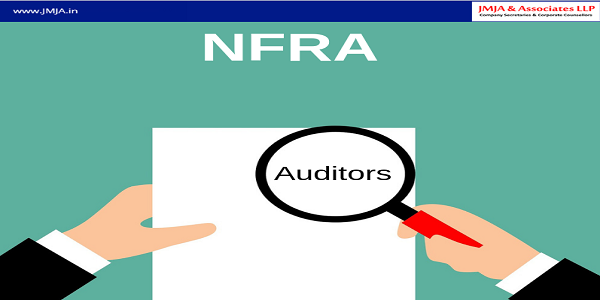



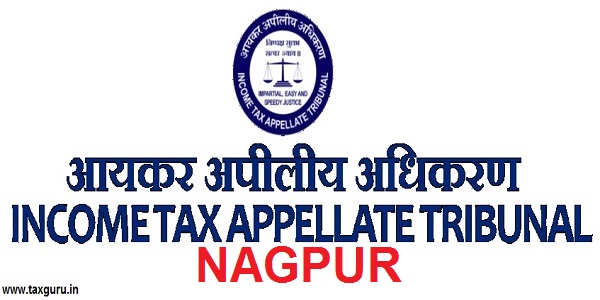
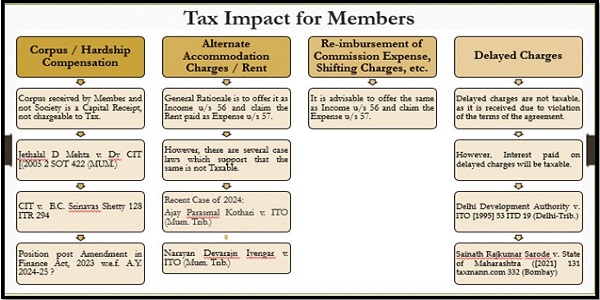

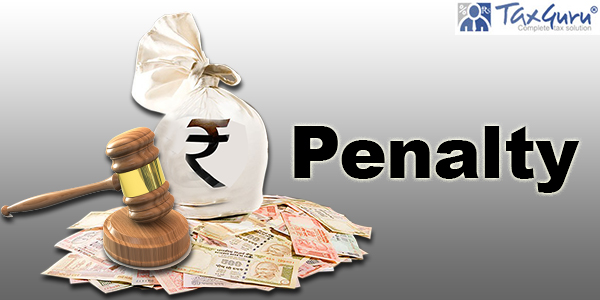

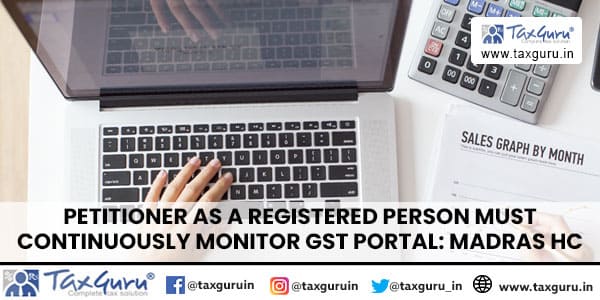
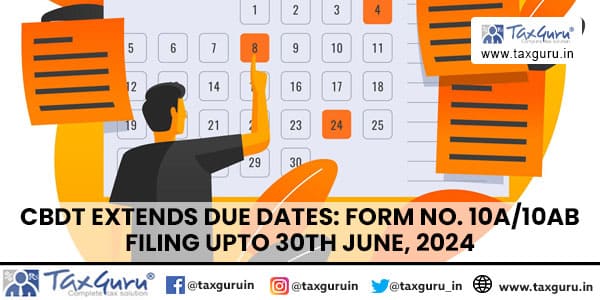
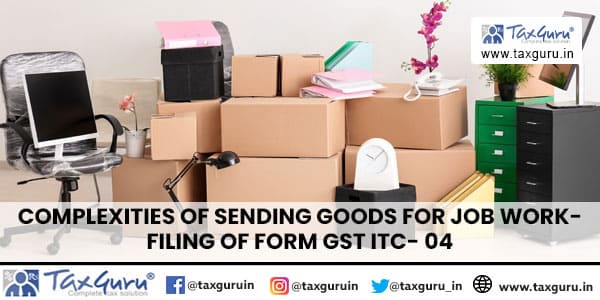


Hi ritesh,
GTA is a separate service which is covered under current Service tax law, which is central levy. whereas road tax is charged by states. Both are different concepts.
Thank you
As per state subject list of constitution tax on road is statesubject why people are pay service tax on freight as is only implement on commission charge by GTA. For further clarification kindly read 9c of my vat act.